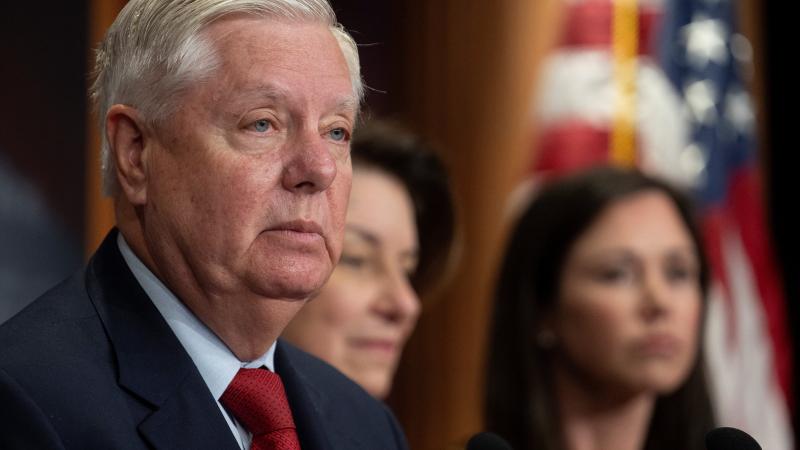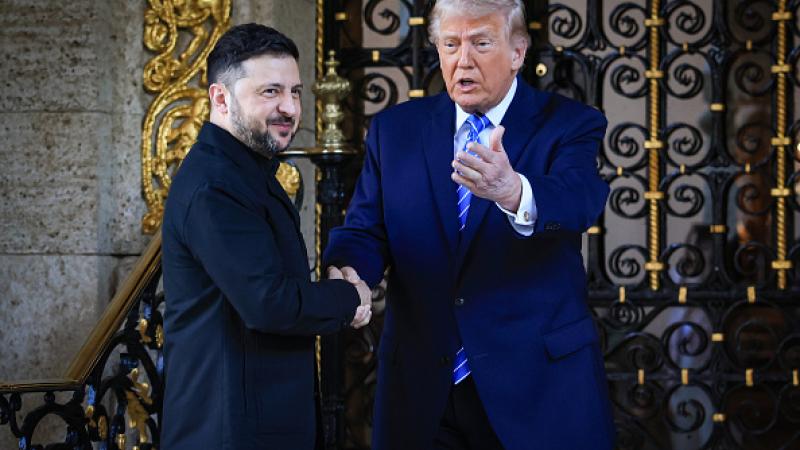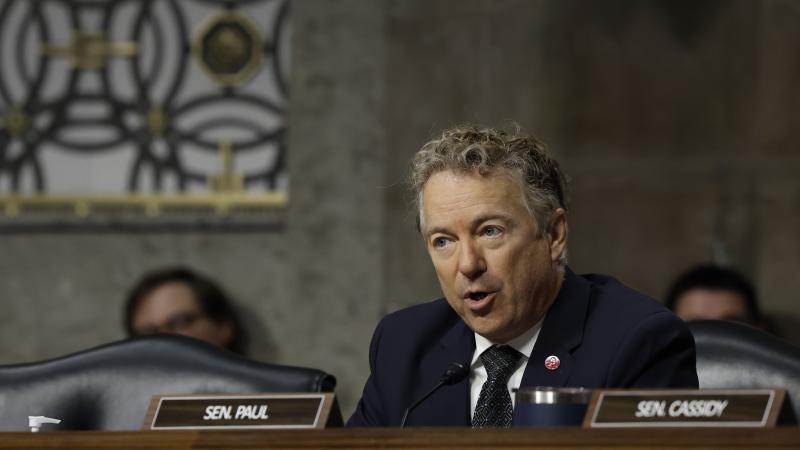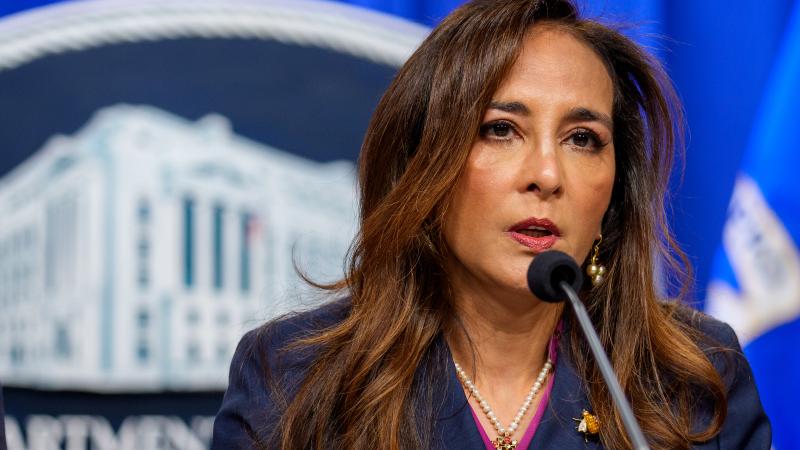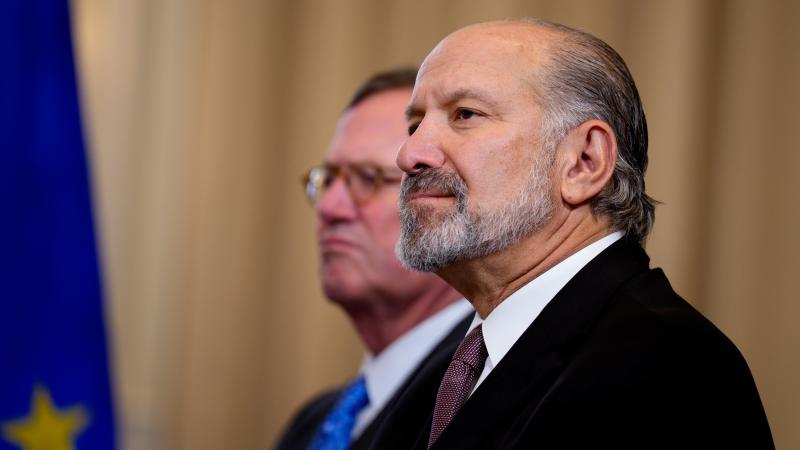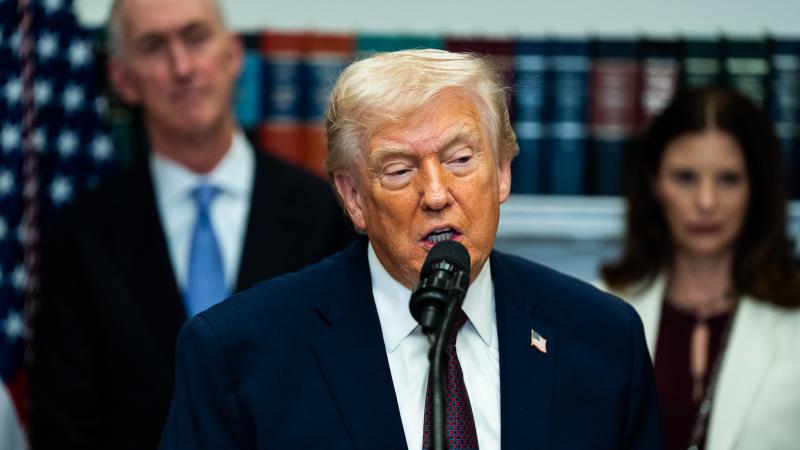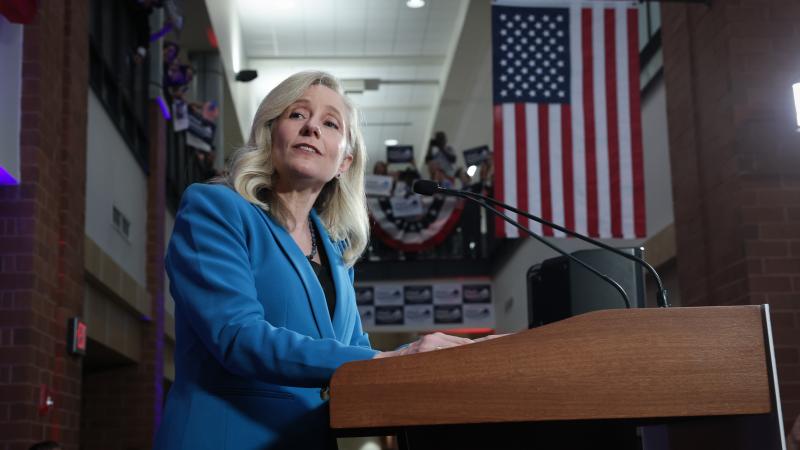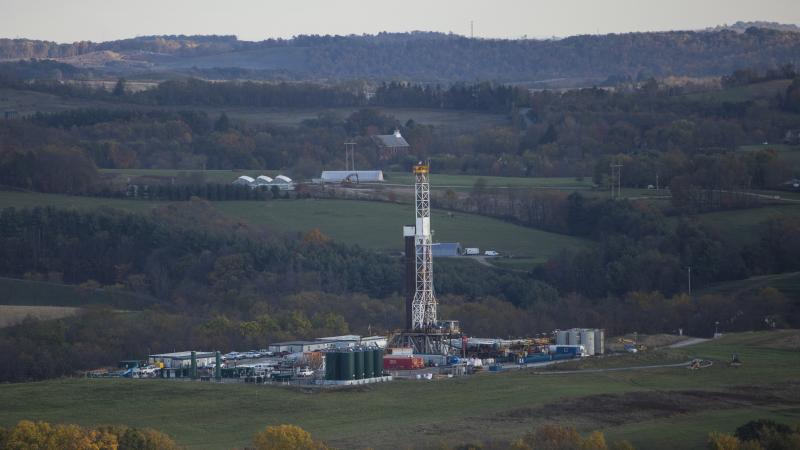World leaders say no to deadline on burning coal for energy, as global demand increases
The Group of Seven pledged to cut global greenhouse gas emissions in half by 2030.
World leaders at the G7 Summit this past week agreed to cut in half greenhouse gas emissions 2030 and by next year stop the funding of some coal production overseas. However, they declined to agree on a deadline for using coal as electricity to slow climate change.
The G7 nations, which collectively produce about a quarter of the world’s climate pollution, also declined to pledge significant new funding to help developing countries manage the impact of climate change and move away from burning oil, gas and coal, according to The New York Times.
The coal projects that they stop funding are those that lacked technology to capture and store carbon-dioxide emissions.
Energy experts say the G7 nations' failure to agree on a specific end date for the use of coal will weakened their ability to pressure China to curtail its growing use of coal, the newspaper also reports. Meanwhile the demand for coal is expected to increase by 4.5% this year, according to the International Energy Agency.
"Today, President Biden and fellow G7 Leaders agreed to a set of concrete actions to accelerate the global transition away from coal generation as part of our efforts to combat the climate crisis," the White House statement said in a statement Saturday. "G7 Leaders will commit to an end to new direct government support for unabated international thermal coal power generation by the end of this year."
The United Kingdom and some other European countries, not the United States, pushed aggressively during this year's summit to stop burning coal for electricity by a specific date in the 2030s, the Times also reports.

